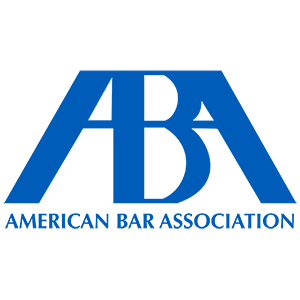Healthcare: Fraud in the U.S.
July 22, 2019
Medicare and Medicaid are designed to help people pay for medical care, but they are often targets for fraud. Just earlier this year, a subsidiary of Acadia Healthcare, Co. settled for $17 million in a case against West Virginia involving Medicaid fraud. The company had tests performed by a laboratory but billed Medicaid directly for far more than the tests cost. Such incidences are not rare, and healthcare fraud is estimated to account for 3-10% of all healthcare spending in the United States. Medical fraud is difficult to navigate, but may take the form of laboratory fraud, False Claims, and more, and it has been especially prevalent in the media as of late.
What is Laboratory Fraud?
Lab fraud occurs when laboratories falsify results of tests or act deceptively to acquire more test orders from doctors. This can be done through kickbacks, which are arrangements in which referrals are paid for — this is explicitly illegal, covered in the Anti-Kickback Statute, which “prohibits offering, paying, soliciting or receiving anything of value to induce or reward referrals or generate Federal health care program business.” 42 USC § 1320a-7b(b). Similarly, the Stark Law prohibits physicians from referring Medicare patients to healthcare entities with which the physician has a financial relationship. 42 USC § 1395nn. Additionally, unnecessary orders for tests are a common way that Medicare is defrauded.
False Claims Act
Also called the “Lincoln Law,” the False Claims Act makes it illegal to knowingly file a false record or a false claim to a government-funded health program. For example, Singulex, Inc. (a laboratory testing company in California) paid $1.25 million in late 2018 for billing federal healthcare programs, including Medicare, for medically unnecessary tests; this was a violation of the False Claims Act. Read more about this instance — only one of hundreds — here.
A Qui Tam lawsuit, additionally, is a type of whistleblower lawsuit that about 80% of False Claims Act cases over the past decade fall under. A private citizen essentially may tip off the government to fraudulent actions committed by a company and know that he will be protected. This means, for example, a person in a senior level position of a company can file a Qui Tam lawsuit and know he will not lose his position. Additionally, the whistleblower may be financially rewarded; this provides incentive for individuals and is designed to keep fraud in check.
Avoiding All of This
The monetary penalties of engaging in medical-related fraud are enough for most to want to avoid such cases, but the effect on individuals personally and professionally is devastating as well. It is better safe than sorry when it comes to implementing practices to avoid fraud lawsuits in your practice, and below are a few ways to begin doing just that.
Train your employees. Develop clear policies and procedures, and train and retrain your employees diligently to comply with them. Make sure policies cover fraud, including detection, prevention, and reporting of it.
Cultivate Trust in the workplace. Make employees feel as though they can talk to someone if they think something fraudulent is going on, and ensure that they know they will be taken seriously — and not punished for coming forward.
Watch what is really going on in the workplace. It is a good idea to hire a team to monitor compliance with False Claims Act policies. This way, potential problems can be identified and taken care of before they become bigger issues.
Document anything regarding employees: Reviews, complaints, reasons for termination, training completed, etc. In the face of a fraud lawsuit, these records can go a long way to show that you may not be to blame.
Plan ahead for fraud lawsuits. Simply having a plan in place to investigate claims made by an employee can make it easier to look into them and show that you are proactive when it comes to preventing fraud.
If the unthinkable does happen and you or someone you know is facing a fraud lawsuit in their medical practice, hire the best white collar crime attorney to defend your rights. Adams & Associates, PLC boasts over 30 years of experience and a track record of success.
Read more on the best ways to prevent Qui Tam lawsuits at PowerDMS and all medical fraud lawsuits at The National Law Review.








